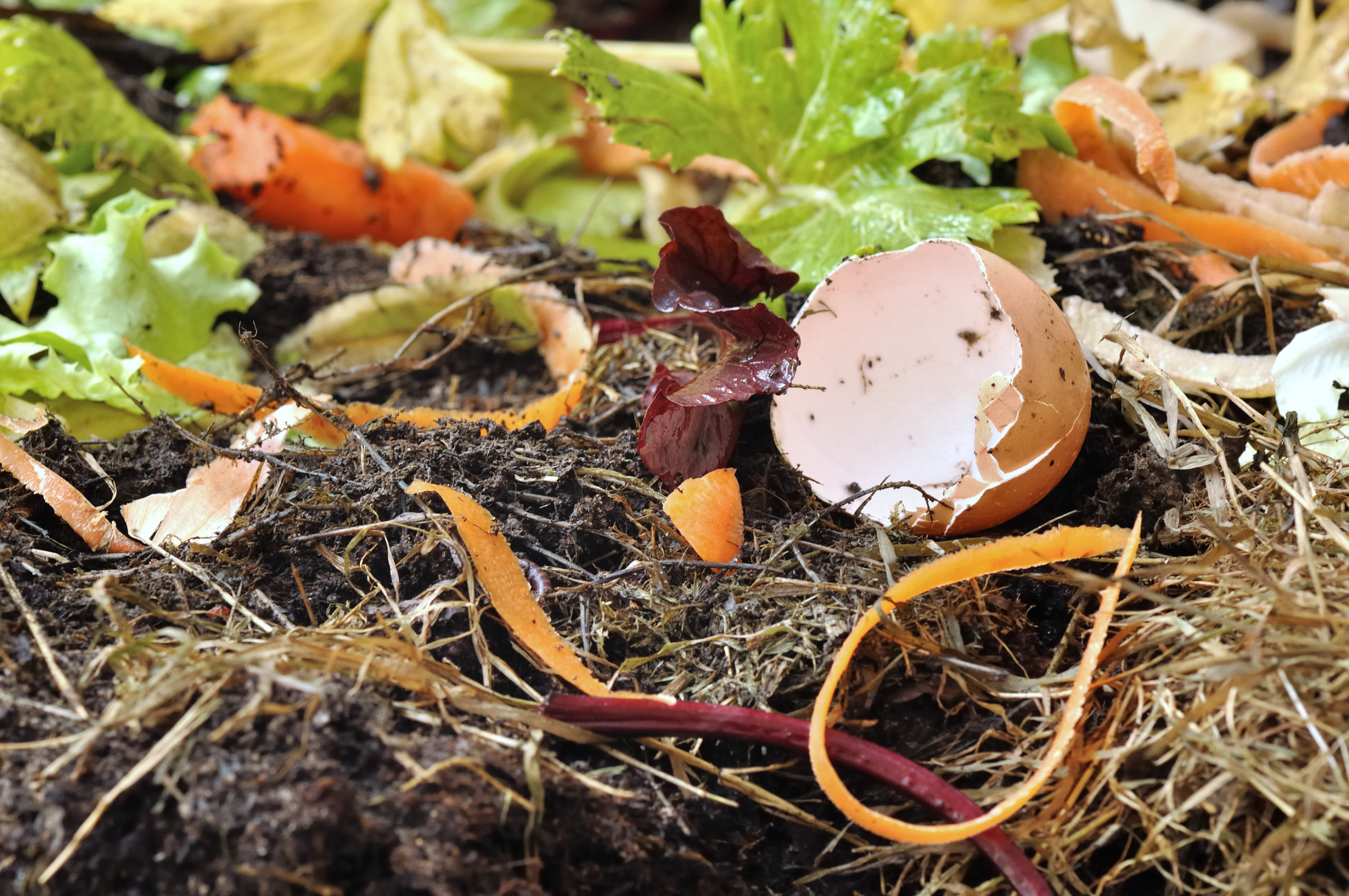While many utilize composting to minimize household waste, there are many other benefits you may not be aware of. Gardeners can improve their crops drastically by using nutrient-rich compost to improve the overall soil composition resulting in a flourishing environment for all inhabitants. Ultimately, learning how to incorporate composting into your household influences a healthier lifestyle for both you and the environment.
What is Composting?
Composting or natural recycling is a process that occurs as oxygen assists various microorganisms break down organic matter into simpler substances. It is a dark, rich mixture of decomposed organic matter that is created from your kitchen and yard waste over time. Many materials can be utilized for composting, but primarily requires equal amounts of brown and green items as well as water to allow for optimal establishment.
- Browns – Carbon
- Greens – Nitrogen
- Water – Moisture to break down organic matter
Familiarizing yourself with the different types of organic materials is vital to the proper decomposition of your household’s waste. You will begin to identify areas that you can further reduce the amount of wasted food and develop a system that works best for your home.
Embrace the Change
The benefits and improvements that are influenced by composting are often not given enough credit to but being aware of where your organic waste ends up is a decision that can impact your household and the environment exponentially. While many benefits occur, some are more prominent than others.
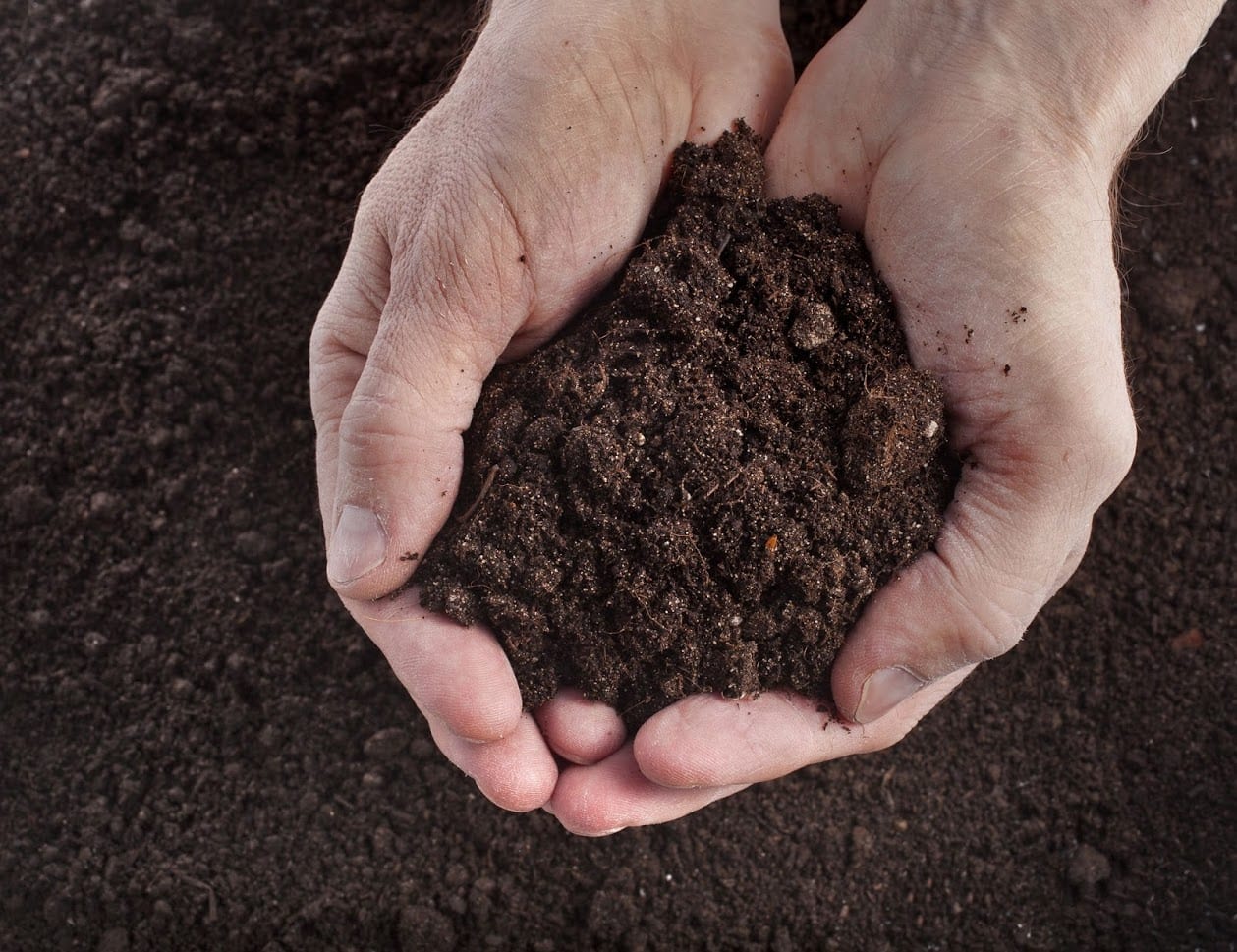
Improved Soil Structure
When soil is of proper consistency, it is crumbly to the touch, which allows for air, water, and energy to move freely. The addition of compost to your garden soil helps neutralize pH and improve the cation exchange capacity of soils, which ultimately increases their ability to hold nutrients utilized by plants.
Increases Soil Nutrition Content
The decomposition process of broken-down organic material produces a terrific fertilizer or soil food web. A soil food web is a community of organisms from bacteria and fungi to macroorganisms that survive in the soil. Along with this benefit, the organic matter found in compost also introduces a variety of additional nutrients to your garden, which may be present in low levels or nonexistent.
- Nitrogen
- Phosphorus
- Potassium
- Copper
- Iron
- Zinc
Soil Water Retention
Fertile soil with the right consistency has better moisture retention, meaning you can use less water when caring for your garden. Heavy soils can hold water and decrease compaction, which reduces erosion and runoff. The more water the soil can hold at a time, the less your garden will require water, which is also cost-saving when looking at the big picture.
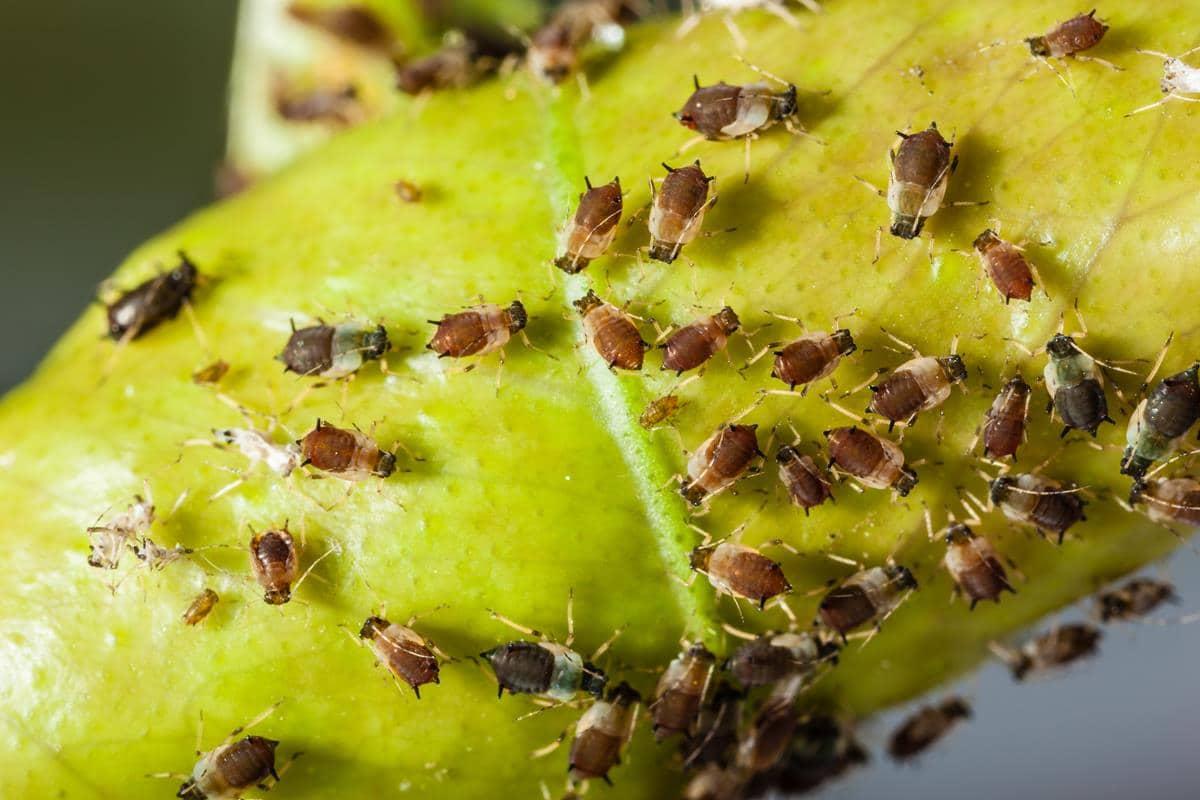
Defense Against Plant Pests and Diseases
Fewer pests and diseases have been found in plants that are grown in soil with compost incorporated. The bacteria, fungi, and macroorganisms that create the soil food web decompose organic compounds such as pesticides, manure, and plant residue which prevents them from entering the water and becoming pollutants to your garden. This establishes a healthy, cultivated base for your garden and the rest of the environment.
Recycles Kitchen and Yard Waste
A typical household throws away up to 25 to 50% of organic waste, and while you may not be able to compost all your organic waste, the amount of trash you dispose of can be dramatically decreased. Composting helps eliminate the release of methane at its source rather than transporting household yard and food waste to a landfill.
Reduces Landfill Waste and Helps the Environment
Transitioning your household to creating compost is not only an environmentally conscious decision but also helps reduce landfill waste drastically. The levels of methane emissions will be diminished, and your carbon footprint will be lowered as the amount of organic waste produced will be transferred to your plants, gardens, and soil instead. Additionally, you are no longer relying on factory-made fertilizers and chemicals to provide nutrition and protection for your garden.
Composting: 101
Incorporating the composting process into your household is relatively simple; it’s just about finding the process that works best for you. There are many different methods and styles of composting, but it can be successfully managed in a variety of indoor and outdoor environments as well as geographic locations. While each process is different and unique to the household depending on available space, preference of indoor or outdoor, the volume of material, and many more factors, the baseline tends to stay the same.
- Designate a dry, shady area near a water source for your compost pile or bin
- Add brown and green chemicals as collected while being conscious of sizing for
larger items - Utilize water to moisten dry materials as they’re added
- Once established, mix grass clippings and green waste into the pile and bury fruit and vegetable waste under 10 inches of compost material
For households that have limited outdoor space, some systems can be incorporated into kitchen spaces as well as drop-off sites that still make managing your organic waste a possibility. Most garbage and recycling companies also offer organic disposal services for an additional charge if drop-off sites are too far out of your way.
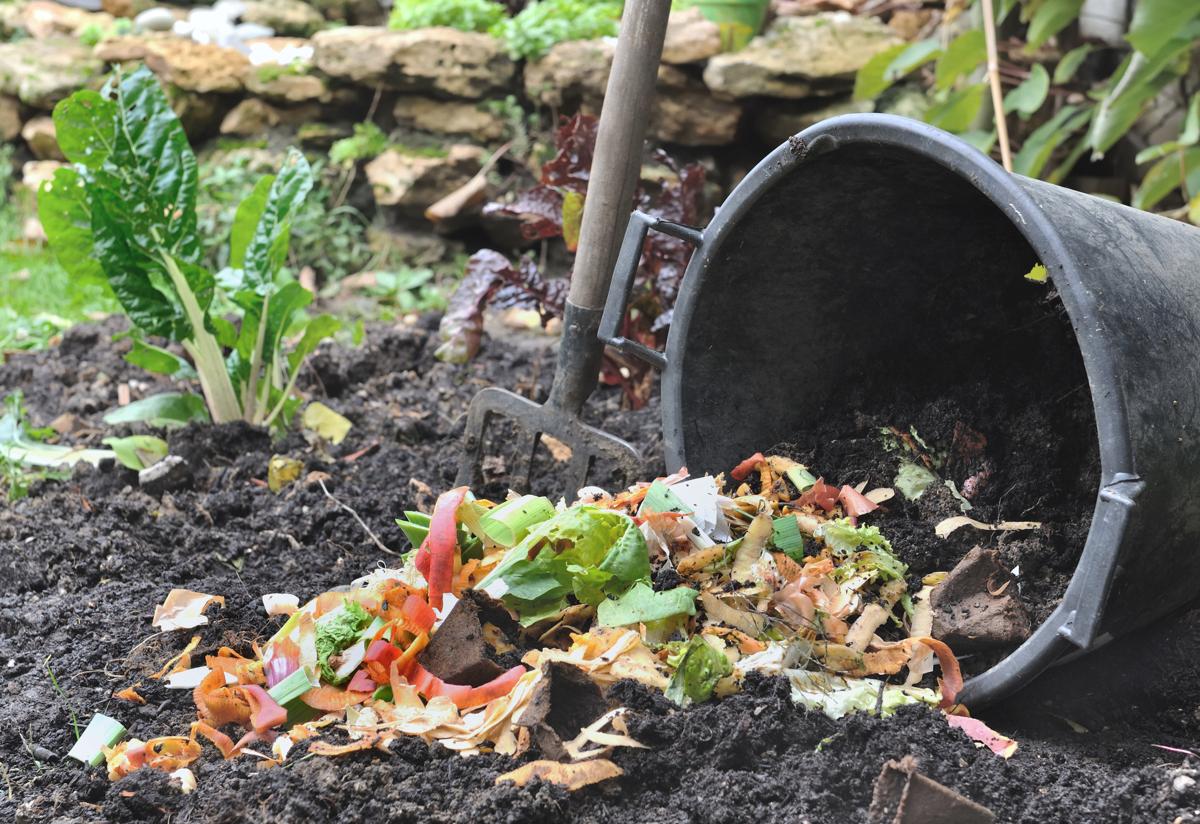
Composting Methods
As previously mentioned, there are many different methods and styles of composting depending on the surrounding environment, the purpose, and the rate at which you want your organic waste to be decomposed.
Hot Composting
This is the most efficient method to produce high-quality compost in a relatively short amount of time. The presence of weed seeds, fly larvae, and pathogens are also drastically minimized which promotes healthy compost for your garden and landscaping. When utilizing this method, high temperatures will be incorporated to break down materials quickly and efficiently.
Cold Composting
If trees, garden plots, and other eroded areas need increased nutrients, this method is a perfect solution. Cold composting consists of adding organic matter around these areas, and letting the environmental conditions run their course. You will begin to see results in two years, but it could take longer as there are no additional influential factors to speed up decomposition.
Sheet Composting
Organic material is spread across the surface of the soil or untilled ground and is decomposed by environmental conditions. This process can be quite lengthy, but the organic material is decomposed over time and slowly filtered into the soil. The materials utilized should mainly consist of plant residue, and manure as sheet composting is meant for forage land, erosion control, and roadside landscaping.
Trench Composting
This process is straightforward and requires minimal maintenance. A trenched area is created, filled with organic material, and covered with soil. Though it’s a relatively slow process, you have the option to plant on top of the organic material in as soon as two weeks. Many like this method as your plants can start to thrive on your compost almost immediately.
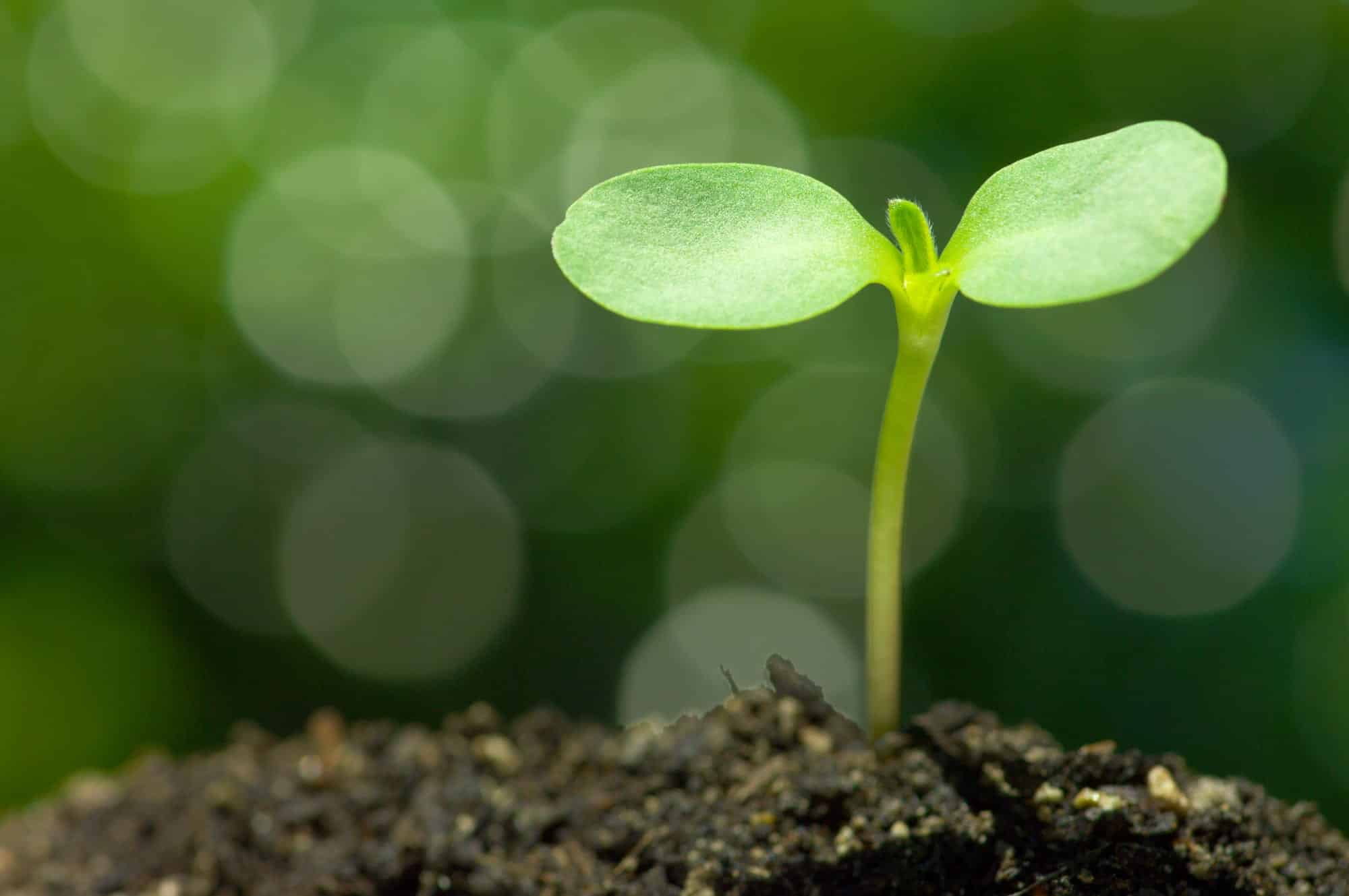
Final Word
Being environmentally aware and learning how you can reduce household waste is extremely important as it not only helps you live a healthier lifestyle but helps the world we live in. Composting provides a variety of benefits to households and the surrounding environment, such as improvements in soil structure and nutrient levels, water retention rates, and frequency of pests and disease.
Additionally, household and landfill waste are reduced exponentially, which positively affects the environment as the levels of methane gas are reduced. Many different composting methods can be incorporated into your household, so begin researching and make the transition to a healthier lifestyle today.

